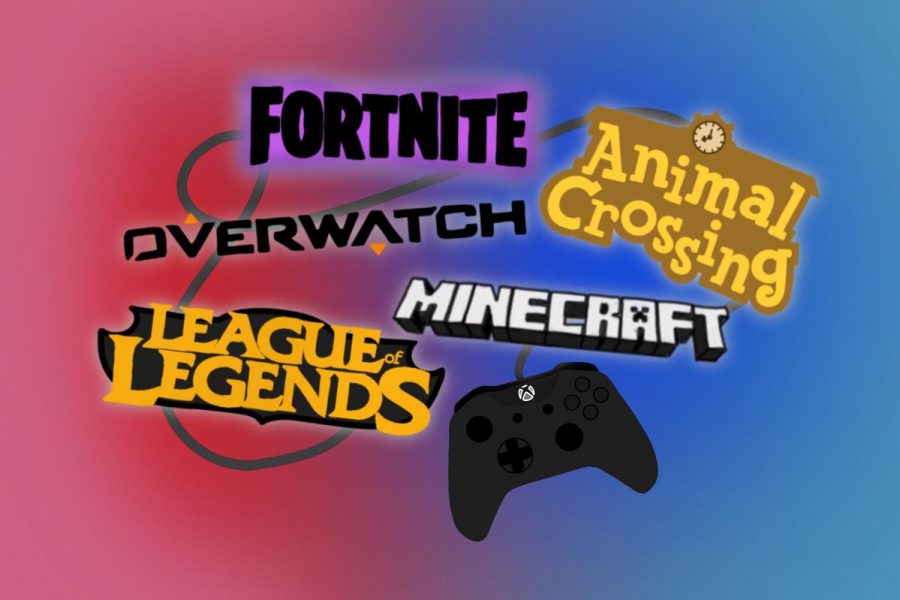Community and competition formed completely online with intramural esports
May 28, 2020
After a long day of Zoom meetings, work and other responsibilities, it’s finally time to relax, talk to some friends and play some video games.
CWU introduced esports to the intramural sports program two years ago, and as of winter 2020, the completely free program is offered entirely online.
“We have [games] just for students to connect with each other and play, and we also have the opportunity for gamers to enter in their scores and go towards tournament play if they choose to,” Intramural Sports and Special Events Coordinator Shana Kessler said. “But it’s based on the participants to make that move.”
The games offered with structured leagues are “Madden,” “FIFA,” “2K,” “Super Smash Bros.,” “Fortnite” and “Rocket League.” The games offered without structured leagues or tournaments are “Overwatch,” “League of Legends,” “Apex Legends,” “Animal Crossing” and “Minecraft.”
The program currently has 85 students actively playing. Thirty-one of these students are also confirmed registered players on IMLeagues, a website where gamers can log their scores and potentially advance to tournament play.
“It’s been nice to add this virtual component,” Kessler said. “Our Discord server is very lively, with students connecting with each other and giving each other tips on how to improve their gameplay.”
Discord is a free voice, video and text chat app primarily used by gamers as a means of communication during multiplayer games.
Before the pandemic caused CWU to cancel in-person classes and events, Lakhdeep “LD” Singh, a sophomore business administration major, worked as a referee for the intramural sports program.
Now, without any sports to referee, Singh has become one of the moderators for the intramural esports Discord server.
“I’ve gone into some of the Discord channels and put my [info] on there,” Singh said. “I’ve actually had quite a few people hit me up and say, ‘hey, you play this game. If you want to run it sometime, feel free to let me know.’”
Even though the emphasis is on competitive gaming, Kessler said bringing students together is also an important aspect of online intramural esports.
“They’re still connecting with each other and having that opportunity to play with other students that they might not otherwise know,” Kessler said.
Francisco Graciani, a clinical physiology major, is another student who actively participates in the intramural esports program.
He has been helping to develop and manage in-person tournaments for the program since it began.
“The last two years we’ve been doing esports in some capacity,” Graciani said. “But we only just started really doing esports, player versus player, this year.”
Esports, and competitive gaming in general, has become an incredibly popular form of entertainment over the last decade. In 2019, at a major tournament for the game “Dota 2,” the winning team received over $34 million dollars.
According to Kessler, some states have been adding varsity esports programs to colleges and high schools.
“I think it’s such a cool thing,” Kessler said. “The way that the esports community has really rallied around this idea of esports being a valid opportunity to engage [with others] and play has been really cool.”


